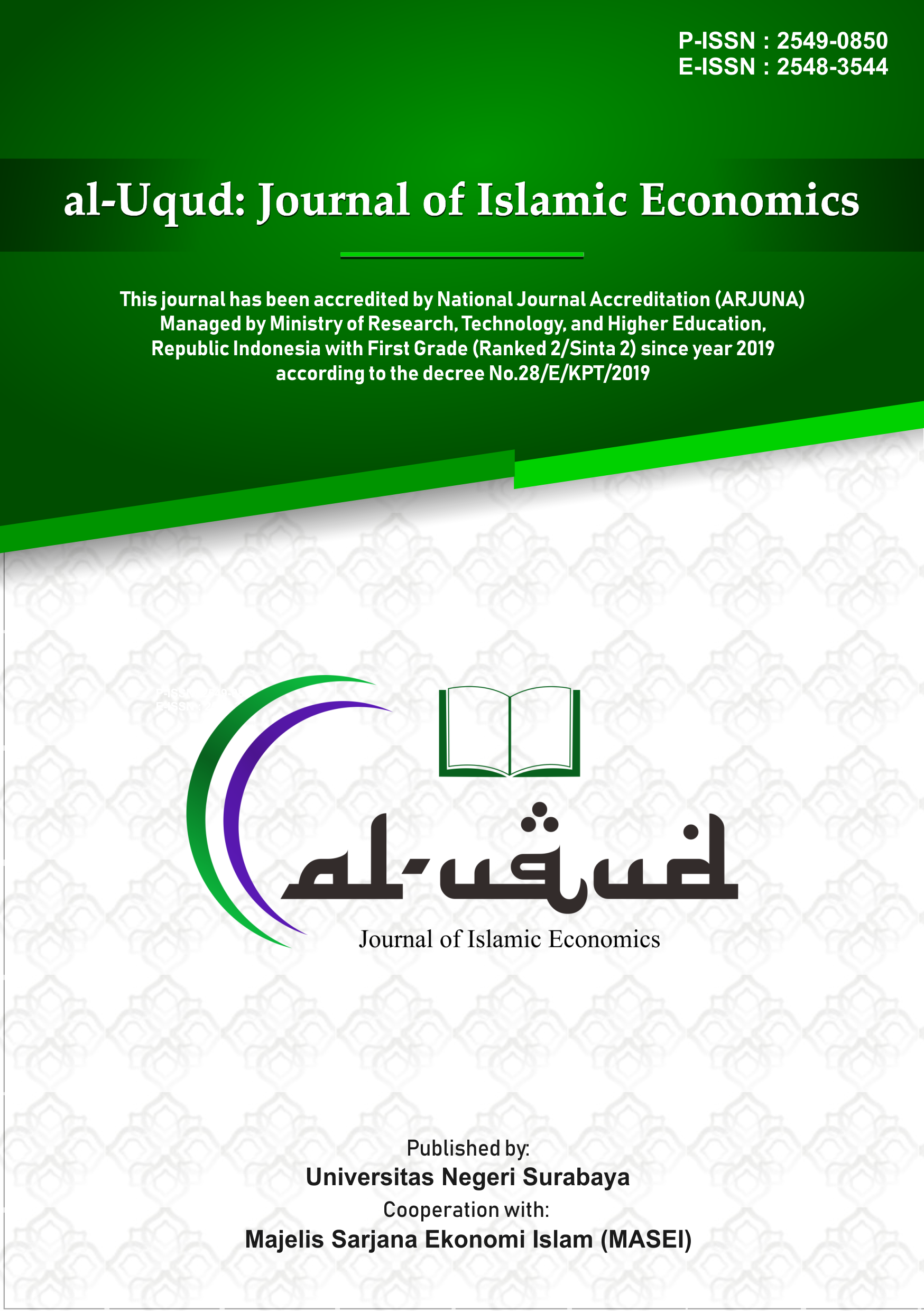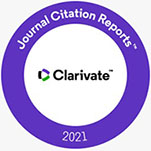The direction of zakat accounting research: An analysis of the issues and implications of zakat institution management practice
DOI:
https://doi.org/10.26740/aluqud.v6n1.p96-111Keywords:
Zakat Accounting, Islamic Accounting, Performance, Governance.Abstract
Research on zakat accounting plays an essential role in the development process and zakat management practice. Many studies have discussed zakat management, including the process of zakat collection, management, distribution, and financial management. This research investigates various themes, findings, and approaches to give theoretical and practical contributions. This research uses the Systematic Literature Review (SLR) method. The review's focus is the publication of zakat accounting between 2009-2019. The search for research articles on zakat accounting is identified with relevant words such as Islamic accounting, zakat accounting, zakat performance, zakat governance, and zakat. The process consists of planning, conducting, and reporting. This research contributes in several ways. The first provides an analysis focused on zakat accounting research. The study results indicate that the theme widely discussed in zakat accounting research is the influence of accounting information, evaluation on zakat institution performance, zakat institution governance, management of zakat on business, zakat institution audit, and other issues. The second reveals the practices of zakat accounting at various zakat institutions. Finally, this research demonstrates the implications of zakat management practice and input for further zakat accounting research.
References
Ardiani, N. (2019). The Efficiency of Zakat Collection and Distribution: Evidence From Data Envelopment Analysis. Al-Uqud : Journal of Islamic Economics, 3(1), 54. https://doi.org/10.26740/al-uqud.v3n1.p54-69
Johari, F., Ab. Aziz, M. R., & Mohd Ali, A. F. (2014). A review on Literatures of Zakat Between 2003-2013. Library Philosophy and Practice, 2014(1).
Lestari, P., Pratiwi, U., & Ulfah, P. (2015). Identifikasi Faktor Organisasional Dalam Pengembangan E-Governance Pada Organisasi Pengelola Zakat Di Kabupaten Banyumas. MIMBAR, Jurnal Sosial Dan Pembangunan, 31(1), 221. https://doi.org/10.29313/mimbar.v31i1.1319
Nasim, A., & Syahri Romdhon, M. R. (2014). Pengaruh Transparansi Laporan Keuangan, Pengelolaan Zakat, Dan Sikap Pengelola Terhadap Tingkat Kepercayaan Muzakki. Jurnal Riset Akuntansi Dan Keuangan, 2(3), 550. https://doi.org/10.17509/jrak.v2i3.6603
Nikmatuniayah, N., Marliyati, & A, L. M. (2017). Effects of Accounting Information Quality, Accountability, and Transparency on Zakat Acceptance. MIMBAR, Jurnal Sosial Dan Pembangunan, 33(1), 62. https://doi.org/10.29313/mimbar.v33i1.2029
Petticrew, M., & Roberts, H. (2006). Systematic Reviews in the Social Sciences: A Practical Guide. In Systematic Reviews in the Social Sciences: A Practical Guide. Blackwell Publishing. https://doi.org/10.1002/9780470754887
Prasetyoningrum, A. K. (2015). Pendekatan Balance Scorecard Pada Lembaga Amil Zakat Di Masjid Agung Jawa Tengah. Economica: Jurnal Ekonomi Islam, 6(1), 1. https://doi.org/10.21580/economica.2015.6.1.784
Downloads
Published
How to Cite
Issue
Section
License
Copyright (c) 2022 The author(s)

This work is licensed under a Creative Commons Attribution 4.0 International License.
CC BY 4.0 Abstract views: 982
,
Abstract views: 982
, PDF Downloads: 646
PDF Downloads: 646








